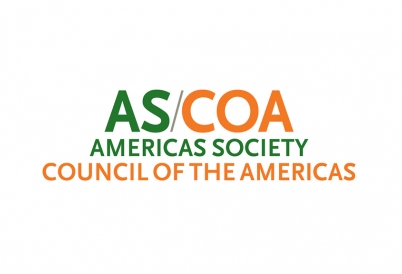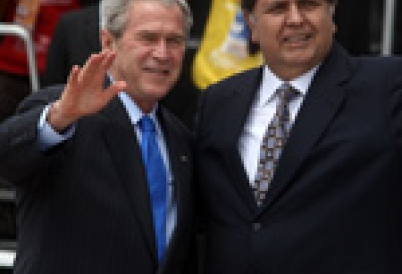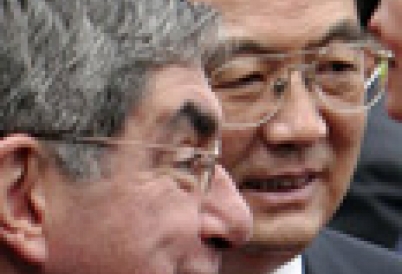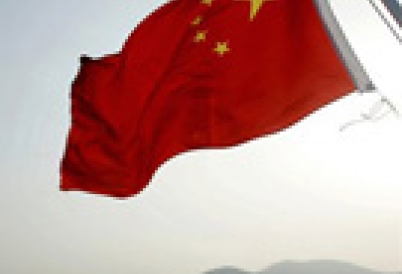In a statement submitted to the trade policy staff committee, the Council of the Americas expressed its support for the for the proposed Trans-Pacific Partnership Free Trade Agreement, arguing that the pact "could become the most promising driver of trade expansion in the hemisphere."
At an event co-hosted by AS/COA and the Asia Society, panelists discussed deepening Sino-Latin America trade and political relations, as well as how the financial crisis could affect ties.
AS/COA looks at the rise in Trans-Pacific cooperation, which was recently reaffirmed by the APEC leaders meeting in Lima. China—a new donor member of the Inter-American Development Bank—continues to ramp up trade ties through deals with Peru and Costa Rica.
Facing a global financial crisis, 21 leaders met in Lima to caution against protectionism and call for resumption of the Doha Round of trade talks. The APEC summit also served as U.S. President George W. Bush's last scheduled trip abroad, where he pressed for “free markets, free trade, and free people.”
Chinese President Hu Jintao's trip to Latin America helps cement Beijing's growing relationship with the region. After the G20 summit and before the Asia-Pacific Economic Cooperation conference in Lima, Hu traveled to Costa Rica and Cuba.
In a move that draws Beijing closer to Latin America, China joined the Inter-American Development Bank and agreed to support $350 million in development projects. The Asian giant's hunger for Latin American commodities has made it the region's second largest trading partner.
AS/COA hosted its annual conference in Lima on September 4, featuring a remarks by President Alan García, Prime Minister Jorge del Castillo, and Foreign Affairs Minister José Antonio García Belaunde. Read a summary of the event.










